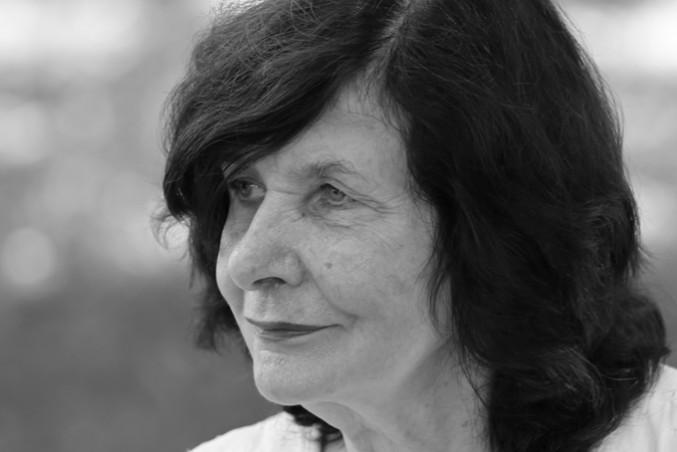By Karoun Chahinian
A 2013 RTA School of Media alumna is directing a film on assisted suicide.
Alumna Leah Rifkin is filming A Last Wish with writer Ilana Sharon Mandel, a woman forced to deal with the issue first-hand when her father was diagnosed with cancer. The film is inspired by Sharon Mandel’s struggle, providing an empathetic, personal point-of-view. Initially, it was the complex issue of assisted suicide that drew Rifkin to the film.
“Not many people wanted to talk about it and, to be honest, I didn’t even know much about the issue but that was what attracted me,” Rifkin said.
Sharon Mandel’s father died in 2012 at 91. He was diagnosed with cancer. Before his death, he asked her to do the hardest thing a daughter could: help her dad “die with dignity.”
“He had a very strong memory of his own mother who had died of cancer and suffered horribly, so after he was diagnosed he told the oncologist about [wanting to die with dignity] and we were all taken back by it,” said Sharon Mandel. “He kept repeating, ‘It’s my body and I’m not going to lose my humanity.’”
Physician-assisted suicide is controversial because of the possibility of abuse towards disabled people or conflict with religious values, according to professor Meredith Schwartz, a health care ethics specialist in Ryerson’s department of philosophy.
“Human life is valuable and it makes sense to be concerned about laws allowing the termination of [life],” Schwartz said. While life support prolongs life, Schwartz said it won’t necessarily improve it.
“Canadians already have the right to refuse medical treatment, even life-sustaining medical treatment,” Schwartz said. “In some cases, prohibiting euthanasia or assisted suicide only extends intolerable suffering for the person and that seems inhumane.”
Before her father brought up physician-assisted suicide Sharon Mandel hadn’t given much thought to the issue, but eventually began to see his point of view.
“He wasn’t afraid to die, but he certainly didn’t want to suffer and that’s what he was afraid of more than anything,” said Sharon Mandel. “I wasn’t sure how I was going to go about [assisted suicide]. But he died very peacefully before that ever happened.”
As a writer, she used her experience as inspiration rather than discouragement. It started as a poem, then a short story and eventually turned into a screenplay which she brought to Rifkin to transform into a film.
“[Writing] brought up a lot of emotions from what we went through during the six month battle with terminal cancer,” said Sharon Mandel. “I didn’t expect some of the things that I had to do for him. My strongest memory was actually having to plan his funeral — go with him to choose a casket, sit down with him to choose all of the details — and this film brought back a lot of those poignant memories.”
After seeing the screenplay, Rifkin was attracted to its strong emotions and agreed to direct the film.
“I’m really excited to move forward and get this thing produced because it’s such a unique story that I think the public deserves to hear,” Rifkin said. “I’m hoping the film will open up that conversation. This will also be the first short film that I will direct, so that’s pretty exciting.”
With Canada’s Supreme Court approving the right for doctor-assisted death in February and California passing legislature approving assisted suicide in the state last month, Rifkin described the present as “the perfect timing for this kind of film.”












Leave a Reply